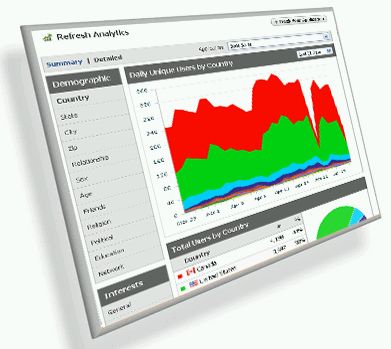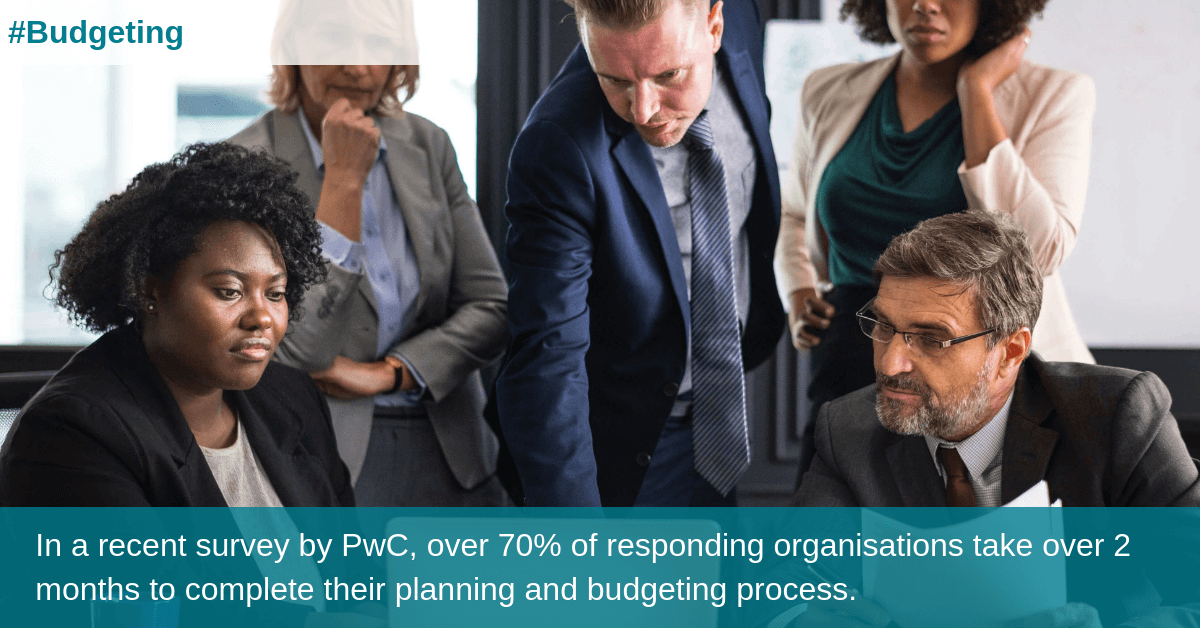As planning, budgeting and forecasting become indispensable strategic contributors, finance executives begin to realise the need to transform their rigid yearly financial planning by adopting more advanced (both on-premise and cloud-based) analytical tools. 71 per cent of organisations surveyed by FSN in 2017 has been able to reforecast more than twice a year, up from 56 per cent in the previous year, although the forecasting accuracy is still fairly low.
Recent TRG blog posts
What Does the Future Hold for Financial Forecasting?
Posted by Rick Yvanovich on Thu, Sep 19, 2019
Blog Topics: Financial consolidation, planning and reporting, Financial Accounting Management Software, Cloud Computing, Analytics
Must-Have Features of Accounting Software for Hospitality
Posted by Andrew Turton on Fri, Sep 13, 2019
Hospitality faces unique challenges and has specific requirements, making conventional accounting systems unfit for this industry.
Blog Topics: Hospitality solutions, Financial consolidation, planning and reporting, Financial Accounting Management Software
Fixed Forecasting vs. Rolling Forecasting: Which One Is Right for You?
Posted by Rick Yvanovich on Fri, Jul 19, 2019
In a global survey conducted by KPMG1 in 2016, over two-thirds of respondents, who are all senior executives, said they have some forms of rolling forecast in place. In order to thrive in this VUCA world, accurate forecasting seems more imperative than ever. Rolling forecasting, as a means to achieve that, is now a universal practice thanks to its proven capabilities.
Blog Topics: Financial consolidation, planning and reporting, Enterprise Performance Management (EPM), Enterprise Resource Planning ERP
Revenue Management at the Touch of a Button: the Success Story of Vienna House
Posted by Andrew Turton on Sat, Nov 17, 2018
Vienna House is an Austria-based hotel chain that currently has 34 hotels under its brand. The brand is famous for their classic Viennese charm with a touch of modern comfort. During the past five years, Vienna House has grown and acquired a few more hotels. The steady growth brings in the inevitable IT challenge: the need for a revenue management system to help unify and manage all of the hotels in the group.
Blog Topics: Hospitality solutions, Financial consolidation, planning and reporting, Business Intelligence
How to Turn Budgeting into a Value-Adding Process
Posted by Rick Yvanovich on Wed, Sep 5, 2018
In today’s complex and rapidly changing business climate, there is an increased demand for top management to better observe, measure, and manage their business. Planning and budgeting plays an important role in enterprise performance management. However, in many organisations, planning and budgeting is not seen as adding value since:
Blog Topics: Planning and Budgeting, Financial consolidation, planning and reporting, Enterprise Performance Management (EPM), Financial Accounting Management Software
Management Accounting vs. Financial Accounting
Posted by Thai Pham on Sat, Sep 1, 2018
Since the early days, Management Accounting has played a critical role in helping executives to make impactful decisions. However, many people have easily mistaken Management Accounting for "Financial Accounting". When you clearly understand these two concepts, you will see that they have obvious fundamental differences.
Read more: An accounting software playbook
Blog Topics: Financial consolidation, planning and reporting, Financial Accounting Management Software
Revamping Financial Analysis to Gain Business Insight
Posted by Rick Yvanovich on Sun, Aug 19, 2018
Financial analysis dates back centuries, at least to the codification of double-entry bookkeeping in the 15th century. The analysis of balance sheets and income statements has long served as the basis of credit and lending decisions.
The discipline of management accounting developed in the early 20th century as a way of using accounting data to keep corporate executives and managers informed about what happened or is happening and why.
Blog Topics: Financial consolidation, planning and reporting, Financial Accounting Management Software
Revamping Corporate Financial Planning: 8 Points to Remember
Posted by Thai Pham on Sun, Aug 12, 2018
As the world is heading towards an uncertain future, businesses can expect some unexpected events along the way. Therefore, agility needs to be embedded in every business process, including corporate financial planning.
Blog Topics: CFOs, Financial consolidation, planning and reporting, Enterprise Performance Management (EPM), Financial Accounting Management Software
Why You Should Strive for an Efficient Financial Close
Posted by Rick Yvanovich on Wed, Aug 8, 2018
In today’s fast-moving world, companies have to juggle multiple priorities when managing their business, such as overseeing financials transactions, measuring corporate performance, attesting financial reports, timely closing and consolidating financial data. Thus, it is no surprise that CFOs are always aiming to close books and comply with regulations faster and more efficiently.
Blog Topics: Planning and Budgeting, Financial consolidation, planning and reporting, Financial Accounting Management Software
Planning and Budgeting Software: Solutions to Common Problems
Posted by Rick Yvanovich on Thu, Jan 22, 2015
Jack Welch, former Chairman at GE once said: “The budgeting process…sucks the energy, time, fun, and big dream out of an organization”. Yes, everyone hates it! If there is an effective way to do it without trying too hard will you take its advantages to grow? What you need is just a good planning and budgeting process and the right technology!
Blog Topics: Planning and Budgeting, CFOs, Financial consolidation, planning and reporting, Financial Accounting Management Software
 English
English  Vietnamese
Vietnamese 










